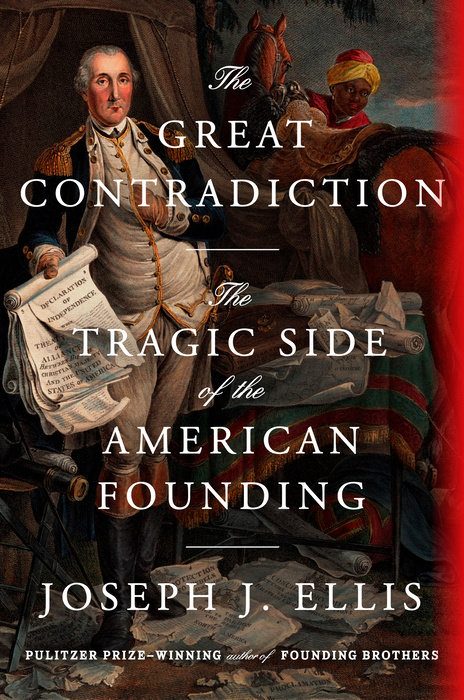The mythologized version of the founding encountered early opposition from prominent members of the revolutionary generation, who registered their disbelief that the all-consuming crisis they remembered so well was being transformed into a childish fairy tale. John Adams led the way, brandishing his customary irreverence: “It is a common observation in Europe that nothing is so false as modern history,” Adams observed. “And I should add that nothing is so false as modern history except modern American history.” In the Adams formulation, the true history was about chance, contingency, and unintended consequences, about political leaders who were all improvising on the edge of catastrophe. Perhaps he had missed it, he joked, but no member of the Continental Congress represented a colony called Mount Olympus. In an effort to display his own modesty—not a natural act for Adams—he made a point of objecting to his own sanctification: “Don’t call me ‘Godlike Adams,’ ‘The Father of His Country,’ or ‘The Founder of the American Empire.’ These titles belong to no man, but the American people in general.”
Ah, “the American people in general.” There it is, the great rallying point in American history, the secular equivalent of heaven, the place to go when all else fails in the search for an impregnable political fortress that no patriotic American would dare to attack.
As far as the American founding is concerned, it is a lie—or, if you prefer less disturbing language, a massive delusion. None of the prominent founders believed they were creating a democracy. In fact, the term itself was an epithet throughout the founding era, a way to describe ignorant and easily deceived popular majorities, perpetually vulnerable to demagogues. The last quarter of the eighteenth century was a pre-democratic era, and all efforts to read a Jacksonian or Tocquevillian faith in the wisdom of the common man into the American founding are misleading distortions.
The political lodestar for the revolutionary generation was not “the people” but, rather, “the public,” as in “res publica,” or public things. In that world, the public interest seldom coincided with popular opinion. The public interest was the long-term interest of the people, which a majority of people at any given time seldom comprehended, mostly because they were born, lived their lives, and died within a three-hour horse ride. They could not think nationally or, as Hamilton preferred, continentally, because their mental horizons were quite literally limited by their day-to-day experience of life. During the war for independence, they strongly supported local militia units, but refused to extend that support to the Continental Army.
